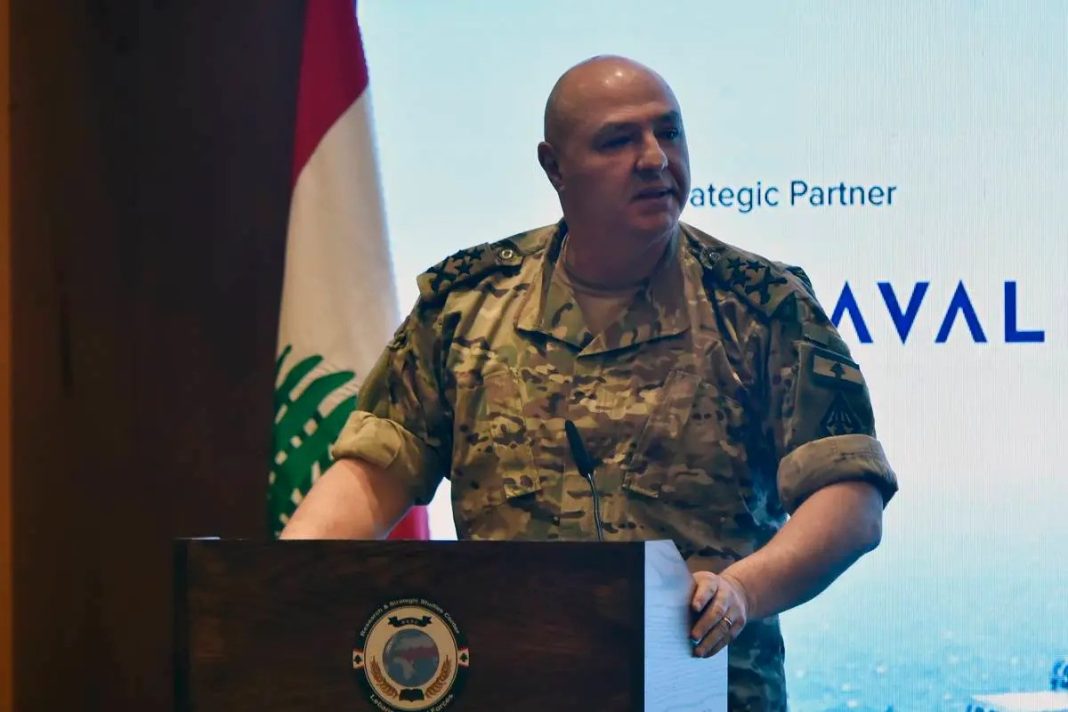Aoun secured 99 votes from the 128-seat parliament to win the presidency in a second round of voting on Thursday afternoon, which came weeks after a tenuous ceasefire agreement halted 14 months of fighting between Israel and Lebanon’s Hezbollah, as the country seeks aid for reconstruction.
“A new phase in the history of Lebanon begins today,” 61-year-old Aoun told the chamber, as he arrived to take oath in Parliament.
Aoun’s victory, which saw members of parliament erupting in celebration as he reached the required threshold of 86 votes, marked the legislature’s 13th attempt to find a successor for Michel Aoun – not related – whose term ended in October 2022.
In his acceptance speech, Aoun had focused on “building” the nation and its army while sending the message that nobody had been “defeated”.
The Mediterranean country has been without a president since the term of Michel Aoun ended in October 2022, with tensions between Hezbollah its opponents scuppering a dozen previous votes.
In the first round of voting earlier in the day, lawmakers from the pro-Hezbollah bloc had voted blank, a source close to them said, leaving Aoun short of the required two-thirds majority to win outright.
The source added representatives from the bloc met Aoun at the parliament during a break before lawmakers returned for a second vote.
International pressure had mounted for a successful outcome with just 17 days remaining in a ceasefire to deploy Lebanese troops alongside UN peacekeepers in south Lebanon after a Hezbollah-Israel war last autumn.
Aoun now faces the daunting tasks of overseeing a ceasefire on the Israeli border and naming a prime minister to lead reforms demanded by international creditors to save the country from the worst economic crisis of its history.
The president’s powers have been reduced since the end of the 1975-1990 civil war.
But filling the position is key to overseeing consultations towards naming a new prime minister to lead a government capable of carrying out reforms demanded by international creditors.
Aoun was widely seen as the preferred pick of army backer the United States, as well as regional heavyweight Saudi Arabia.
He is Lebanon’s fifth army commander to become president, and the fourth in a row.
